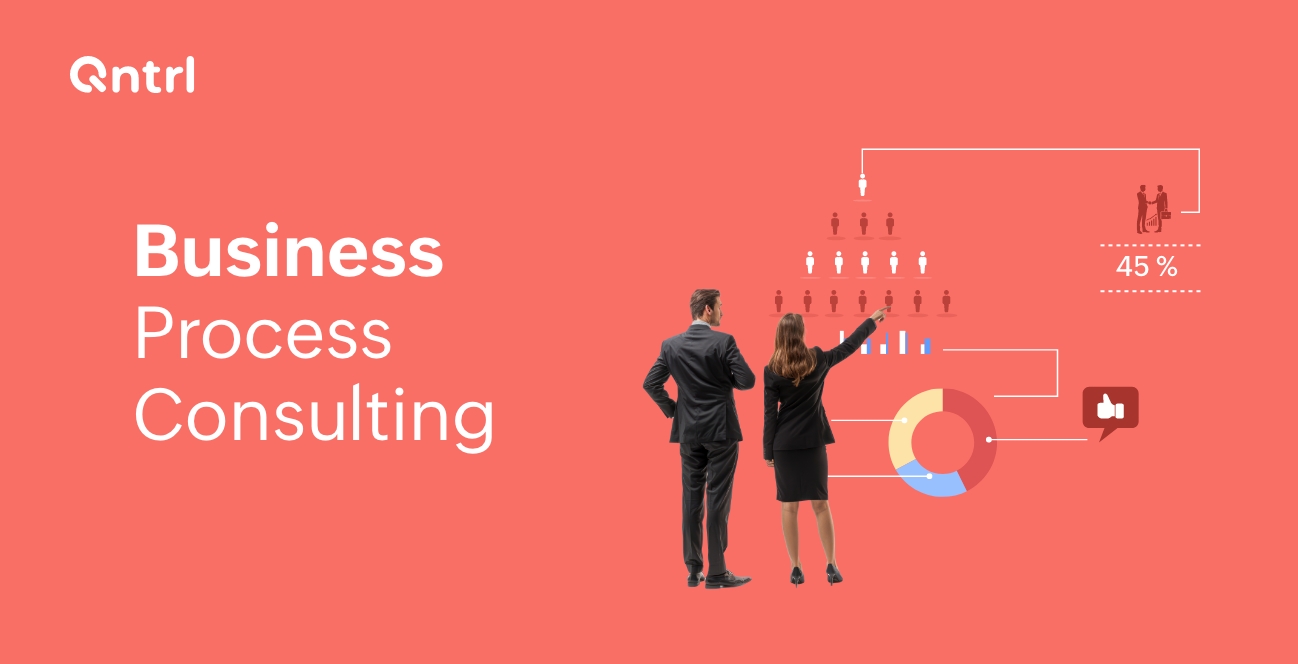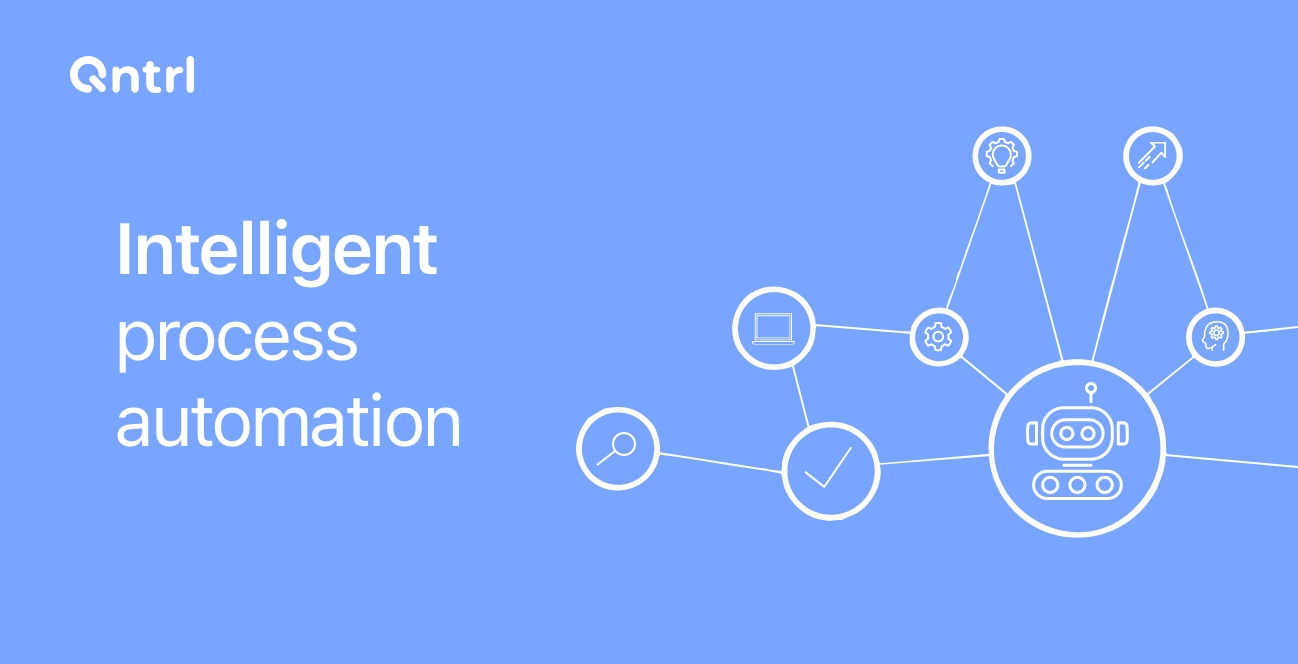In an increasingly competitive market, seeking advantages and opportunities to stand out has challenged companies. Market intelligence emerges in this scenario as a differentiator for organizations that need data, insights, and information to guide strategic decision-making.
Companies that adopt a proactive approach to applying market intelligence in the most diverse areas of the operation—such as marketing, innovation, product development, and distribution — can be well positioned in the market. This way, they’re always ready to anticipate trends, understand the competition, explore opportunities — and stand out.
This article will explain the advantages of market intelligence and how to apply data and information from this research to boost your business.
What is market intelligence, and how important is it?
Market intelligence doesn’t just refer to the collection of external data but rather a set of methodologies that orders, analyzes, and contextualizes this data to extract insights that will be used in the company's decision-making processes.
Information becomes a strategic weapon, which helps organizations understand the scenario in which they operate, providing a clear vision of the dynamic market environment. Companies can avoid hasty decisions, anticipate changes, and mitigate risks without compromising the operation's progress.
Market intelligence: application examples
If you haven't yet seen how market intelligence research works in practice, we'll show you some examples of how to apply it in your company below.
1. Know the needs of your target audience
With market intelligence, you can identify patterns, behaviors, and consumer preferences.
Companies discover significant trends to anticipate market movements and adjust business strategies to maintain relevance with potential customers.
2. Identify new market opportunities
Market intelligence helps companies understand the socioeconomic factors that affect the market. This may involve researching the current potential of a segment and whether there’s a demand for a particular product.
Organizations can minimize investment risks and identify new opportunities for growth in a business environment that’s constantly evolving.
3. Analyze the competition
One of the possibilities is to use market intelligence to conduct competitive analysis, in which companies can monitor competitors, see what other companies in the same segment are doing, and point out their strengths and weaknesses.
It helps define competitive prices for products and services and manage innovation projects consistently to outperform the competition.
4. Expand market share
If your goal is to expand your market share, you'll need to know better who your customers are in a specific market segment and their needs.
Market intelligence research can provide an overview of who these customers are, what they want, when they want it, why they want it, and what price they’re willing to pay.
5. Develop brand positioning
Market intelligence also helps position your company and brand in the market. As with corporate positioning studies, your organization will have relevant data, such as a description of the target market, needs, and information on how the company can meet consumer needs, among many others.
Advantages of market intelligence in companies
You’ve already realized that market intelligence enables more assertive and informed decisions with a deeper understanding of market dynamics. This means competitive advantages for your company, including:
- A solid base to work on accurate strategies for the company's development.
- Increased competitiveness, adapting to rapid market changes, and anticipating trends.
- Identification of growth opportunities, one of the points of SWOT analysis.
- Optimization of internal and operational processes, ensuring greater efficiency and productivity.
- Forecasting market movements and adapting more quickly.
- Generation of competitive advantages and investments in innovation.
- Improved company results, reducing investment risks.
How do you apply market intelligence in your company?
If you believe your company needs market intelligence research to have a broader view of competitors and your business environment, there are two paths to follow.
The first is to structure a team within the organization to carry out these studies, collect and analyze data, and hire an outsourced company to carry out the service.
In any case, regardless of the choice, there are some steps that must be followed.
Step 1—Set a goal: What does your company want to achieve with market intelligence research? The first step is defining a work scope so that the results contribute directly to the organization's strategic decisions.
Step 2—Define metrics and KPIs: The second stage defines which metrics and indicators will be used to evaluate the results. Among them, we can mention the number of competitors, potential customers, and average price of a product or service in the market.
Step 3—Structure the research: It’s essential to define how this study will be carried out, the questions that will be asked, what budget will be available, and how the data will be collected.
Step 4—Examine the data: Your market intelligence research will undoubtedly generate a good amount of data to be analyzed. With the information in hand, evaluating this data and listing patterns, behaviors, and insights is necessary for a clear and accurate report.
Step 5—Make decisions from data: The information you collected in your market intelligence research should be used. Market scenario, competition analysis, and consumption profile, among others, are relevant data for an informed decision-making process and definition of essential strategies for the company.
Practical tips for using market intelligence in your company
- Investing in technology optimizes data collection, analysis, and interpretation.
- Investing in a culture of intelligence becomes essential so that research like this is not an isolated activity but rather a strategic one.
- Training employees to understand and use this data for the benefit of the organization also contributes to the practical application of market intelligence in your company.
- Finally, it would help if you kept in mind that the market is dynamic, so maintaining constant monitoring gives your organization a competitive advantage and more business agility.








